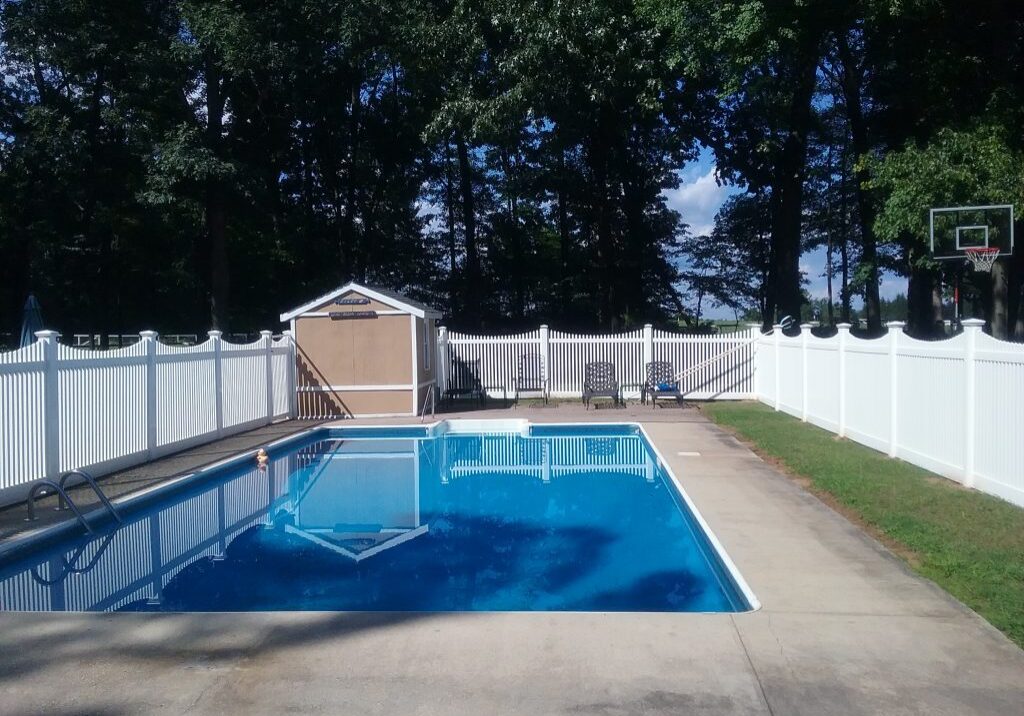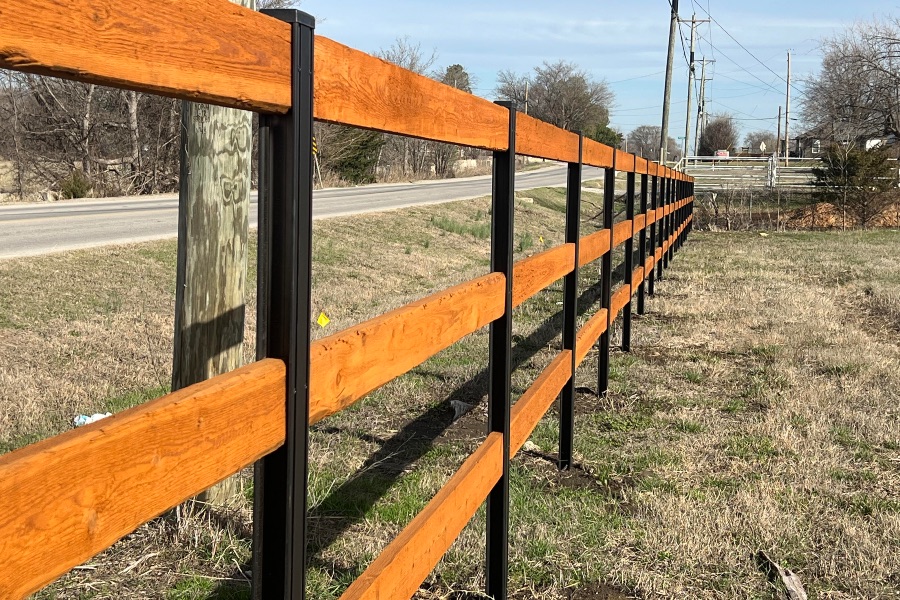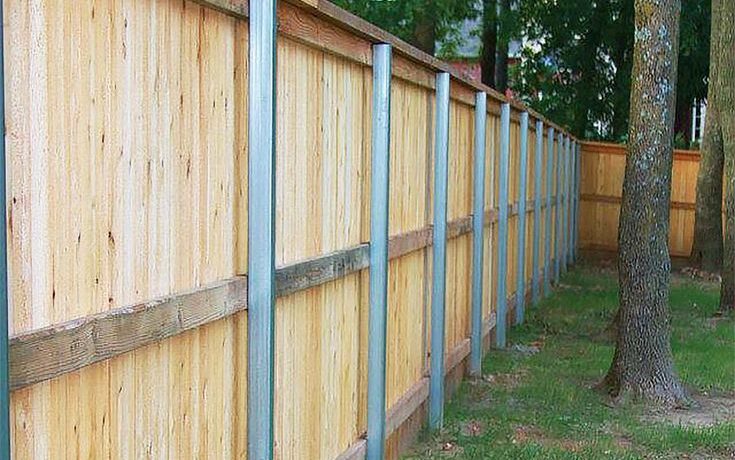All Categories
Featured

When preparing to install a fencing around your property, one of the primary steps is comprehending the permitting requirements in your location. While the process might seem simple, neighborhood policies can differ substantially relying on where you live. Protecting the appropriate permits prior to starting the setup is important to prevent possible fines, disagreements with next-door neighbors, and even needing to remove your fence. Right here's what you need to find out about acquiring the essential permits for your fence setup.
Why Do You Required an Authorization for a Fencing? An authorization is frequently required for fencing setups to make sure compliance with regional building regulations, zoning regulations, and safety regulations. Permitting aids local authorities preserve harmony in community appearances, security, and ecological considerations. It also makes sure that the fencing does not conflict with utility lines or public spaces, and that it follows elevation and limit restrictions.

Usual Permits Needed for Fencing Installment. Building License. Most areas call for a building permit for fence installment, especially if the fencing exceeds a specific height (normally over 6 feet) or is made from non-standard materials. This permit guarantees that your fencing follows regional building ordinance. In some areas, the building department will certainly inspect the website to make sure that the fencing meets safety and structural requirements.
Zoning Permit. Zoning authorizations are created to make certain that your fence sticks to regional zoning laws, consisting of obstacles from property lines, easements, and rights-of-way. Zoning legislations differ from city to city, and in many cases, your fence may need to be set back a specific number of feet from the sidewalk or roadway. A zoning authorization may additionally be necessary if your fencing is in a historical area or other particularly assigned locations.

Fence Permit. In some areas, a certain "fencing license" may be needed. When developing a fence for property homes, this is usually required. The neighborhood federal government may specify the height, material, and style of the fencing to ensure it mixes well with the surrounding area. Some cities restrict chain-link fences in front backyards or have details regulations for personal privacy fencings.
HOA Approval. You may need approval prior to mounting a fence if your home is part of a house owners organization (HOA) HOA standards typically include details policies about the type, elevation, color, and materials for fences to preserve the community's aesthetics. HOA policies can be stricter than city codes, so always examine their standards before progressing.
Easement or Energy Authorizations. If your fence will be near or across an easement (such as an utility easement), you might need to get consent from the energy company or various other entities that regulate the land. This is especially essential if you plan to mine fencing blog posts, as it ensures you won't harm below ground energies like gas, power, or water lines.
Exactly How to Discover What Permits Are Needed. The finest method to establish which licenses are needed for your fencing setup is to call your local structure division or metropolitan workplace. They can offer you with specific details concerning needs in your location. Below are a couple of steps you can require to discover:
Check the City or Region Website: Many city governments give info regarding fence installation allows online. Seek structure or zoning areas on their site. Call or Go To Citizen Government Workplaces: If the information is not readily offered online, calling or seeing the regional office face to face can clarify what's needed. Consult a Professional Contractor: If you're unclear or overwhelmed by the procedure, a neighborhood service provider or fencing installation company can aid in browsing the allowing procedure, as they know with local laws. What Occurs If You Do Not Obtain a Permit? In several areas, you could deal with fines, and your fencing could be bought to be removed. Permitting ensures that your fence is compliant and assists stay clear of future difficulties.
Conclusion. Prior to installing a fence around your residential or commercial property, it's necessary to inspect whether an authorization is needed in your location. Building permits, zoning authorizations, HOA authorization, and energy consents might all contribute in your fence installment process. Making the effort to study and acquire the required authorizations will certainly not just make sure that you're adhering to regional regulations, but additionally help shield your investment and maintain the stability of your building.
Latest Posts
Explore Save Big on Car Maintenance with Montclare Auto Repair’s Exclusive Deals
Published May 30, 25
1 min read
Check Out the Premier Auto Repair Discounts in Montclare, Chicago
Published May 24, 25
1 min read
Find Affordable Auto Repairs with Montclare’s Exclusive Service Specials
Published May 21, 25
1 min read
More
Latest Posts
Explore Save Big on Car Maintenance with Montclare Auto Repair’s Exclusive Deals
Published May 30, 25
1 min read
Check Out the Premier Auto Repair Discounts in Montclare, Chicago
Published May 24, 25
1 min read
Find Affordable Auto Repairs with Montclare’s Exclusive Service Specials
Published May 21, 25
1 min read